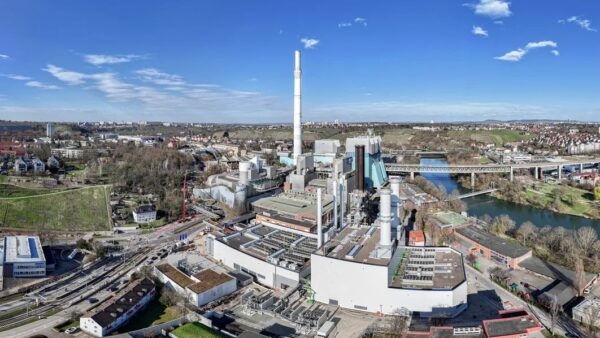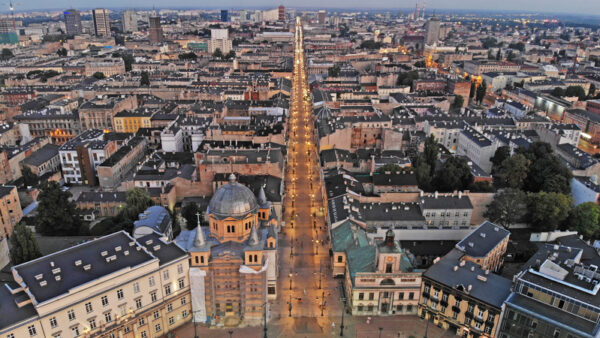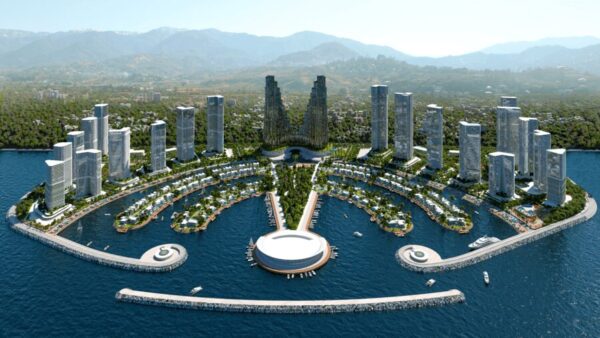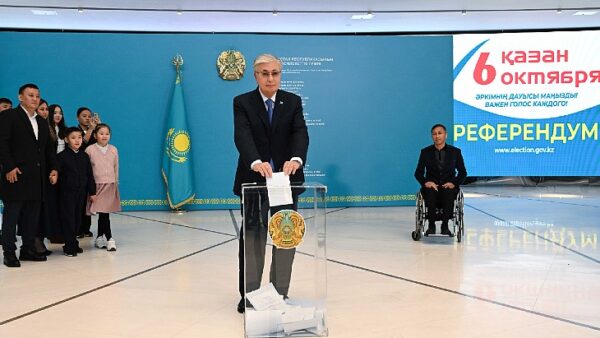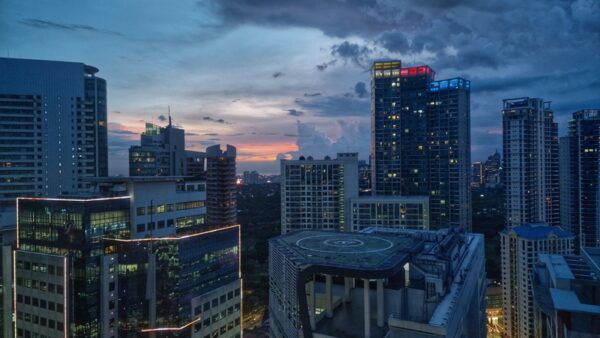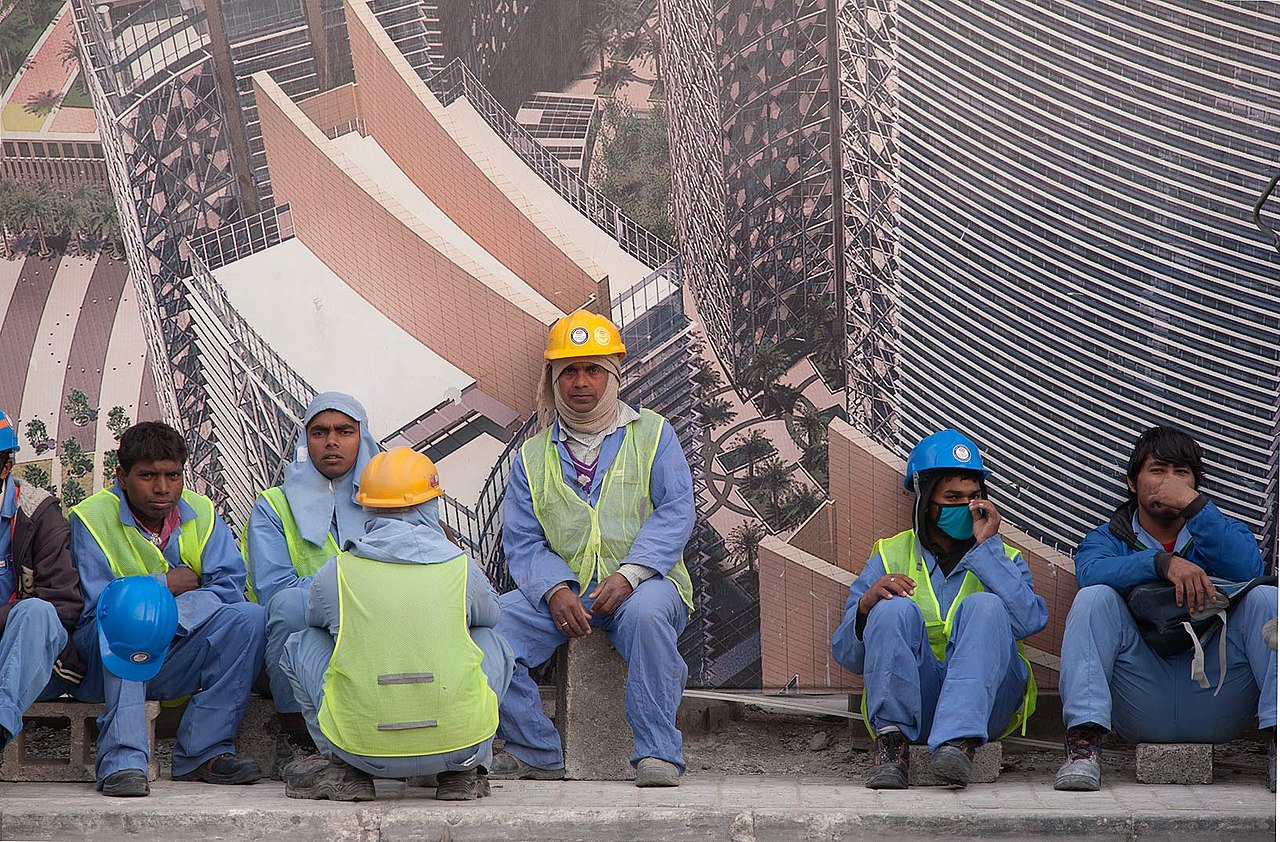
A senior Fifa official signalled support in principle yesterday for a $440m reparations fund for workers and their families who died or suffered labour and human rights abuses while building World Cup stadia and infrastructure in Qatar.
This year a coalition of rights groups including Amnesty International and Human Rights Watch called on football’s governing body to set aside the money to compensate thousands of migrant workers who suffered human rights abuses, loss of pay, injury and death in Qatar during its 12-year World Cup construction boom. The sum is equal to the prize money to be handed out at the tournament.
The so-called #PayUpFIFA campaign has been backed by football federations in Europe.
Alasdair Bell, Fifa Deputy Secretary General, told a Council of Europe session on labour rights in Qatar on Thursday that Fifa was “interested in progressing” the idea of a fund.
“It’s important to try to see that anyone who suffered injury as a consequence of working in the World Cup, that that is somehow redressed,” Bell said.
“It’s not the simplest thing to put in place, it requires thought. It requires structure, rules and governance and so on. This is certainly something that we’re interested in progressing.”
He did not commit Fifa to paying the $440m.
Reforms too late
Thousands of migrant workers mostly from South Asia and Africa have worked on projects building seven new stadiums for the World Cup as well as a new airport, new roads and a new metro.
The Qatari government did eventually introduce labour reforms, officially ending its hated kafala system of migrant labour sponsorship in 2020.
But rights groups say the reforms came too late for thousands of workers who died, or were injured, or had their basic rights denied since World Cup preparations began in 2010 when Qatar won its bid.
Lord George Foulkes, the UK Labour peer who chaired the Council of Europe hearing, said more improvements are needed.
“The number of tragic accidents continues to run into the hundreds, and enforcement of new rules isn’t sufficiently effective. Workers don’t have the right of assembly.”
$164m in compensation already
Since 2020 Qatar has paid $164m in compensation to 36,000 workers from 17 countries, according to Human Rights watch citing data from Qatar’s Ministry of Labour.
Bell said Fifa as an organisation welcomed input and support on human rights issues from NGOs and international institutions.
“We are a sports organisation but with human rights as a strong commitment. It is not just fluff, it’s real, and it is delivering some tangible benefits that have actually improved the lives of hundreds of thousands of people,” he said.
He told the hearing that there had been clear progress in improving human and labour rights in Qatar, a process in which he claimed Fifa has been very active, and this has been recognised by the International Labour Organisation (ILO) and the International Trade Union Congress (ITUC).
“The risk is that once the spotlight is turned off after the World Cup,” he added. “It’s really important that these changes remain and are built upon and hopefully even spread wider in the Middle East.”
Bell also said it was important for migrant workers to have access to a “safe haven” for their legal rights in Qatar, a move which is backed by the global football players’ union, FIFPRO.
In 2017 Fifa introduced human rights requirements for all future bids to host the World Cup and this was applied to the 2026 tournament which was won by the US, Mexico and Canada which triumphed over the rival Morocco bid.
“It is not something to be triumphalist about, but it is a fact, a matter of record,” he said.
- Anthony Harwood is a former foreign editor of the Daily Mail
Further reading:





